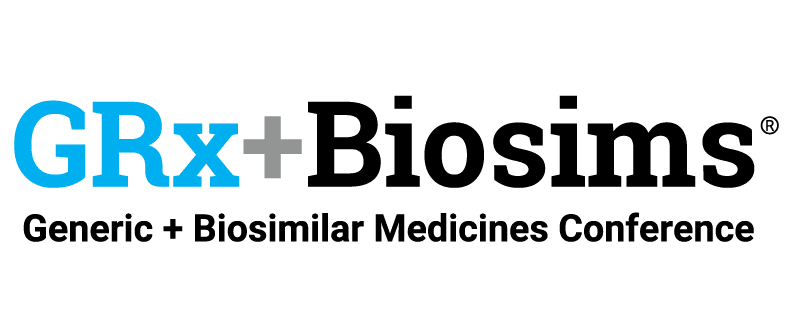Agency’s Commitment to Competition, Efficient Development and Approval Process Lauded
(Washington, D.C. – July 18, 2018) – The Association for Accessible Medicines (AAM) commends the U.S. Food and Drug Administration (FDA) on its release today of its Biosimilars Action Plan (BAP), outlining a wide range of specific steps it will take to encourage the development of these important medicines. The BAP is another key plank in FDA’s platform to ensure robust and timely competition from generic and biosimilar medicines that improve patient access and drive savings for consumers and the U.S. health care system.
The BAP, with its stated priorities including a focus on effective implementation of BSUFA II, stakeholder education, Purple Book improvements, finalization of the Interchangeability Guidance, and exploring the increased use of non-US licensed reference product in certain studies to support a biosimilar application, align closely to priority advocacy and education issues for AAM and its Biosimilars Council, as can be seen in AAM’s recent comments to the HHS Drug Pricing Blueprint to Lower Drug Prices and Reduce Out-of-Pocket Costs.
In addition, the BAP clearly and repeatedly reiterates the importance of a balance between innovation and access — emphasizing the importance of market entry when exclusivity periods expire – and commits to working with Congress and the Federal Trade Commission (FTC) to close loopholes that may delay biosimilar competition beyond that period.
“The FDA’s Biosimilars Action Plan demonstrates a strong commitment from the agency to help deliver on the promise of biosimilars to America’s patients – one that our members share,” said AAM President and CEO Chip Davis.
“While FDA acknowledges that many of the issues impacting biosimilars market access and competition are outside of its purview, we applaud the agency’s stated willingness to work across federal entities, including the FTC and Congress, to address anti-competitive behavior and statutory loopholes that are being exploited to delay biosimilar competition and patient access,” said Christine Simmon, AAM Senior Vice President, Policy & Strategic Alliances, and Executive Director of AAM’s Biosimilars Council. These and other market access issues are detailed in the Council’s white paper.
AAM’s Biosimilars Council is particularly supportive of the provisions intended to streamline the FDA development and approval process. Clear guidance on regulatory pillars such as interchangeability, the “deemed to be a license” provision, product labeling, and data analysis methods are essential for sponsors seeking to develop biosimilars.
The Council further commends the BAP’s focus on stakeholder education that continues the agency’s leadership role in ensuring stakeholders have credible information about the safety and efficacy of biosimilars and interchangeable biologics, so they can be confident in these medicines. Understanding the importance of education in increasing biosimilars market development for patients, the Council has published a comprehensive resource focused on biosimilars education, the Biosimilars Handbook.
“Biosimilars are safe and effective alternatives to costly brand biologics and must be a central focus of any efforts aimed at reducing drug costs for patients. We look forward to working with the Agency to implement this action plan and deliver biosimilars to America’s patients,” Simmon said.
Media Contact: Allen Goldberg, [email protected]
